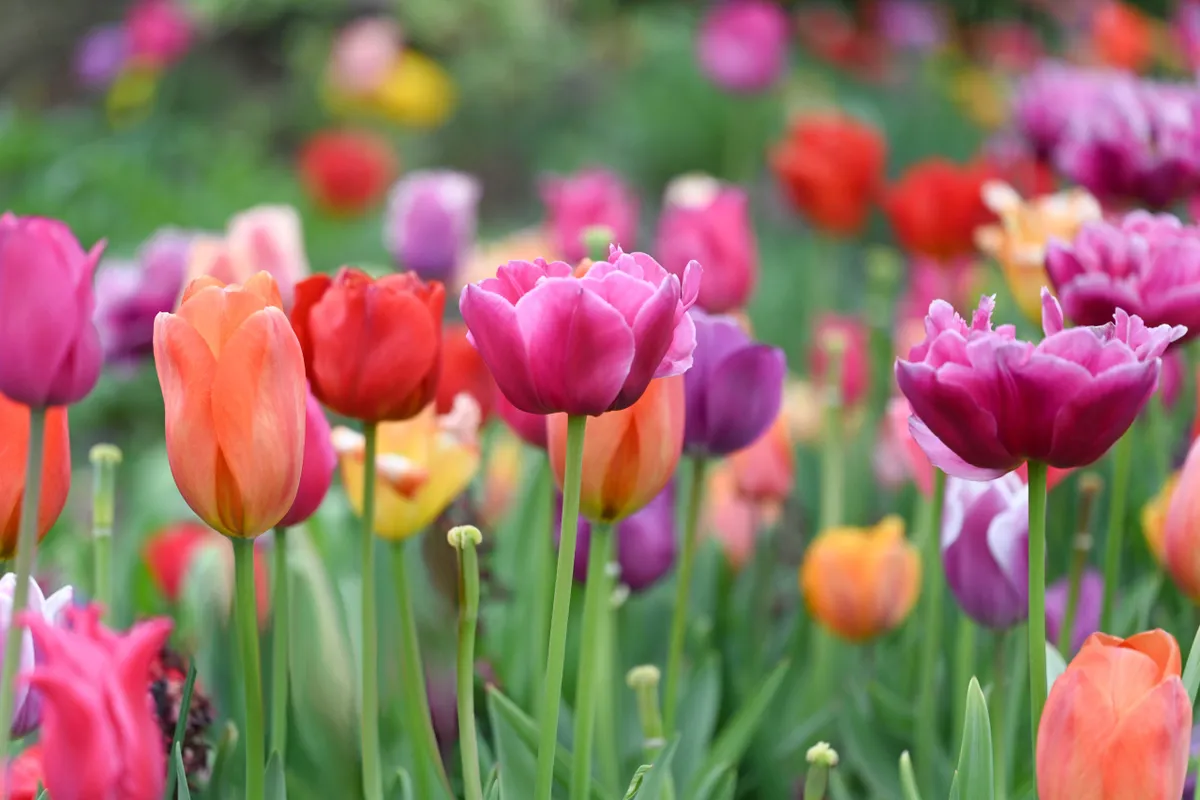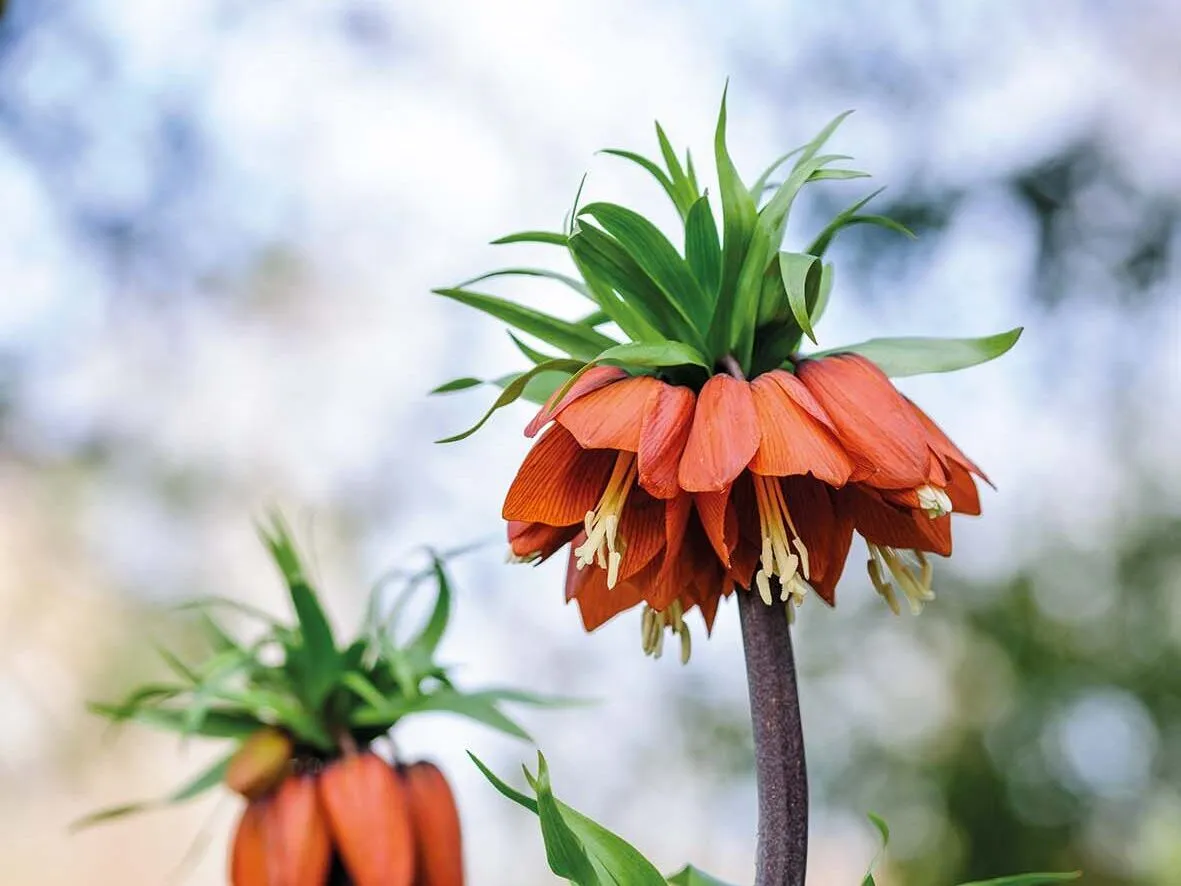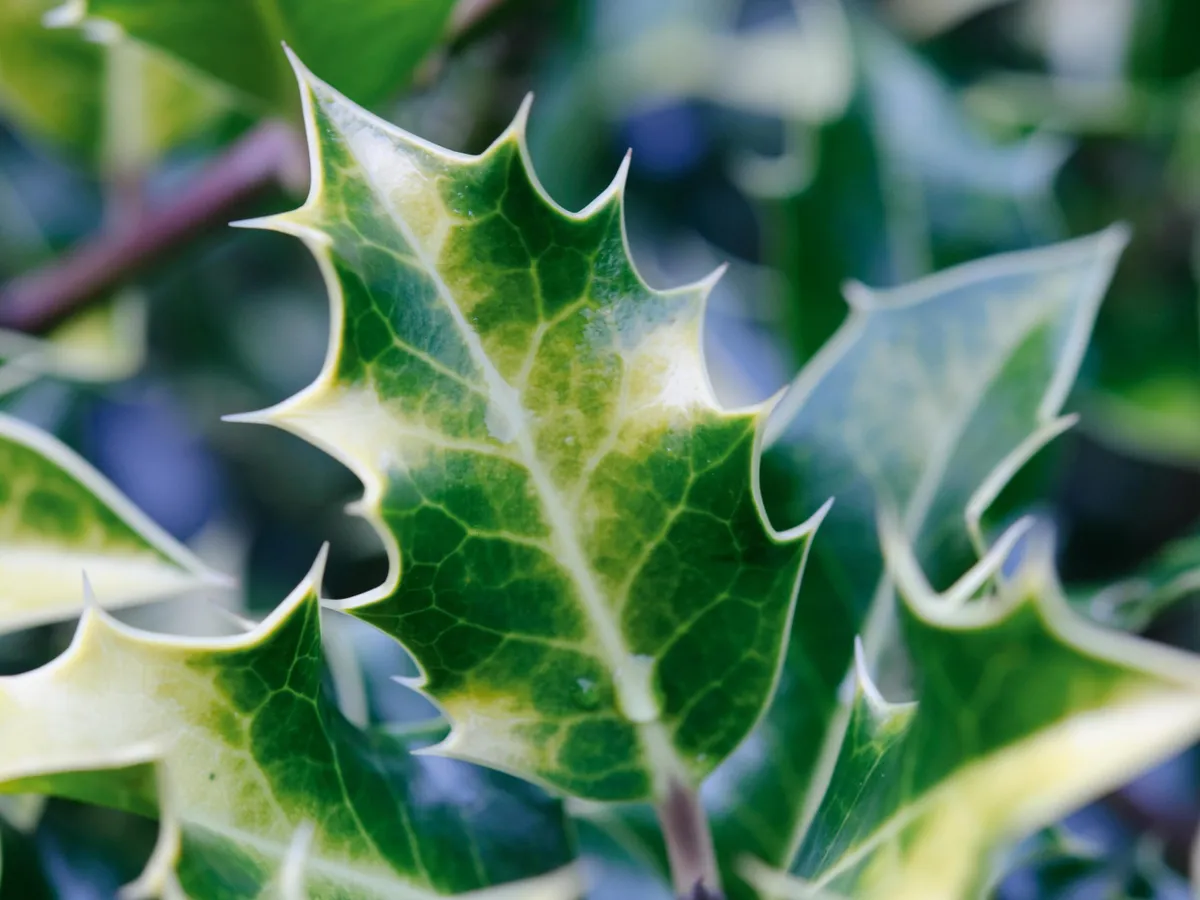Many gardeners suffer the anguish of discovering that their precious bulb displays have been ruined by those pesky garden visitors – the squirrel. Tell-tale signs are small holes dug in your border, discarded hopeful green shoots, nibbled white flakes of bulbs and rejected smaller - clearly less appealing - bulblets. Sometimes tulip bulbs can be found lying prone just at the point the bud is forming – but to no avail if the squirrel has taken a fancy to the tasty bulb beneath.
The problem is largely confined to tulips and crocus, to the extent that some gardeners have just stopped growing them. Yes, we must accept wildlife in the garden, but it is quite disheartening.
If you still want tulips, the answer, of course, is to work round the issue. You’ll find various suggestions via the web and social media as to how to discourage squirrels and other pests from eating your bulbs.
Watch head gardener Troy Scott Smith explain his tips for planting bulbs
If you are growing tulips in a container, the solution can be simple – top your pots with chicken wire or taut net to stop the squirrels getting through. But this just isn’t so easy if you are growing tulips in your border amid other plants, or are creating a massed display.
So are there any answers?
Why squirrels love tulip bulbs

Tulip bulbs, quite simply, are tasty to squirrels – as are crocus. When the ground is frozen hard in a cold winter, the problem isn’t so prevalent but as the grounds softens and bulbs start into growth, their smell is more evident and problems can escalate.
Other bulbs such as narcissi, alliums, snowdrops and hyacinth have less appeal due to their unpleasant smell or taste. “With our huge displays you can’t put wire over them so it really about the scent – if you can disguise the smell of the tulip, that’s the thing that will hopefully get the squirrels looking elsewhere," explains Neil Miller, head gardener at Hever Castle.
We asked a range of experts for their advice on keeping squirrels away from your precious tulip bulbs.
How to keep squirrel proof tulips bulbs
Black pepper and garlic powder mix, plus underplanting with violas
The team at Hever Castle recently ran trials on the best way to keep squirrels off bulbs. Of all the methods tried, which included the use peppermint oil, grated soap and grated moth balls, they found that a mix of black pepper and garlic powder, plus an underplanting of violas, kept squirrels at bay. Read more about Hever Castle's tulip trial.
Chilli powder

Chilli powder is often cited as a squirrel deterrent and this has been found to be successful at Forde Abbey. “Every section in the garden has a separate theme, and before we plant an area, all the tulips that are going into it are thrown into a trailer. Copious amounts of extra hot Indian chilli power is put on to them and it is thoroughly mixed into the bulbs and then they are planted,” explains Alice Kennard, head gardener and owner. “They are all mulched in winter and after that the area has a good sprinkling of chilli powder on the surface, plus another scattering just as they are beginning to come up. This really did work - the year before they were all decimated.”
Don’t dig
"I never dig tulip bulbs up and so leave the soil in peace," says bulb expert and planting designer Jacqueline de Kloet. "Leaving the soil undisturbed is the best thing you can do."
Plant alongside crown imperials

"If you add crown imperials to your tulip pots and borders, the smell helps to deters mice and squirrels," advises Arundel Castle’s Martin Duncan. But be warned: the smell isn't that attractive to humans, either.
Plant in pots first
“Our small botanical tulips are grown in pots and then planted out once they are nearly in flower,” says Arundel’s Martin Duncan. “This helps to avoid attracting mice as they don’t find them as tasty.”
Add holly leaves

On the Talking Gardens podcast, gardener Arthur Parkinson tells Gardens Illustrated editor Stephanie Mahon that he forages for holly sprigs to keep squirrels off his pots. "I managed to save a lot of bulbs by going on a forage for very sharp holly and pushing it into the pots," he explains. "I pushed them down well and found that it worked. You have to push the sprig down quite hard so that the squirrels can't lift it out - they can't cope with that barricade of prickles. You can't remove the holly until the tulips are quite a good size - don't take it off once they start to shoot, leave it in more or less until your tulips are about to flower." He adds: "If you have got a bad squirrel issue, I'd move over to narcissi, because there are so many beautiful narcissi being bred - and they come back every year."
Top soil with rose prunings
In a similar prickly vein, bulb expert and supplier Sarah Raven mentioned on her podcast that she has found that long rose prunings placed on the soil surface seems to deter squirrels.
Here's more on how to grow tulips
